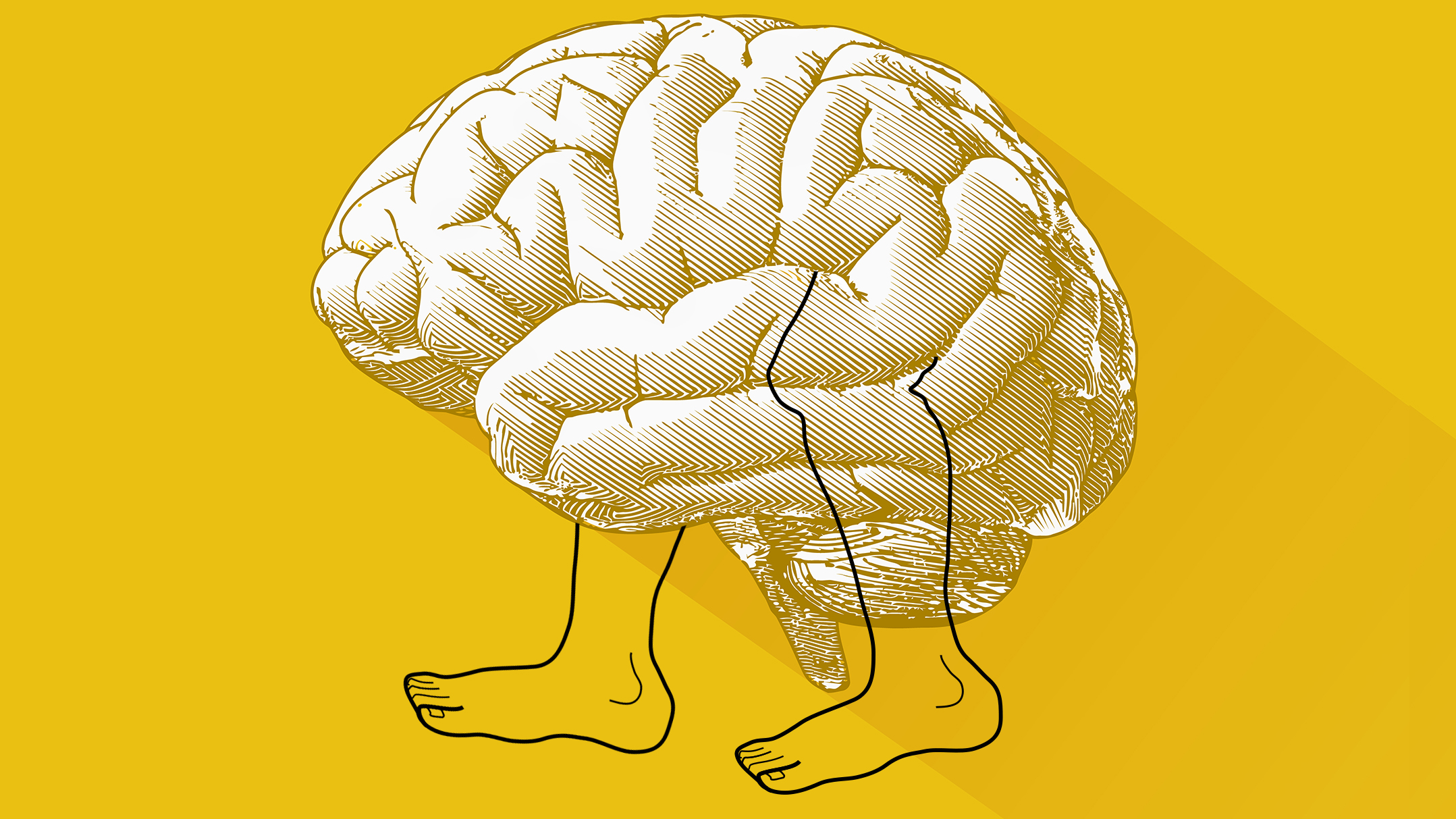Bees help pollenate much of our crops. Without them, the food supply is doomed.
Search Results
You searched for: Robots
SuitX has announced the next generation of workplace human augmentation: a bionic suit that could help enhance productivity within the labor industry and reduce costs.
Russian police arrest a robot canvassing humans at a political rally.
You are already a cyborg! Here’s 10 ways you could merge even more with technology in the coming decade.
They may look odd, but it’s all part of Google’s plan to solve a huge issue in machine learning: recognizing objects in images.
Philosopher and cognitive scientist David Chalmers warns about an AI-dominated future world without consciousness at a recent conference on artificial intelligence that also included Elon Musk, Ray Kurzweil, Sam Harris, Demis Hassabis and others.
A team of Harvard researchers 3D prints a fully autonomous octopus-like robot that runs on a chemical reaction.
From a “watery past” to water today! “If you look at the field of robotics today, you can say robots have been in the deepest oceans, they’ve been to Mars, you […]
Job automation won’t be as bad as we think, so we need to learn how to stop working and prepare so we’re not dragged into the future kicking and screaming.
In his new book, Atlantic senior editor Derek Thompson argues for more disfluent feeds in our social media diet.
The beloved honeybee has more in common with vertebrates that anyone thought.
Google’s DeepMind artificial intelligence learns what it takes to win, making human-like choices in competitive situations.
Recent studies have found that humans can feel concern over a robot if they think that it is in pain. This indicates that we can feel as much empathy for a mechanical person as a biological one.
What did Nikola Tesla or Bertrand Russell think of fewer working hours? Can a good life only come from work — and if so how much of it, and what kind?
A Japanese company is laying off 34 workers and replacing them with artificial intelligence based on IBM’s Watson Explorer. While advancing automation may be helpful in alleviating Japan’s aging and declining population, what does this mean for other workers across the globe?
Stephen Hawking considers the future of humanity in a talk at Oxford University.
Every year, companies try to do things better, to find the most effective way to complete some task or to improve overall productivity. Employee learning programs play a massive part […]
Cognitive scientist Guy Claxton believes we should think of our entire body as our brain.
Artificial intelligence (AI) is not nearly as smart as we want it to be. Because we are not nearly as smart as we want to be.
Spontaneous, deep talk on surprise topics. Historian and New Yorker writer Jelani Cobb on interspecies ethics, the limits of civil discourse, and mathematical symmetry as the defining principle of the universe.
People like Thomas More, Abraham Lincoln, Franklin Roosevelt, and Bertrand Russell have already had many of the arguments we’re having about basic income today.
Dr. Elise Klein wants to point out the conversations we’re having around Universal Basic Income (UBI) aren’t new. Great leaders and thinkers Thomas Paine, Abraham Lincoln, Franklin Roosevelt, and Tony Atkinson have already had many of the arguments surrounding UBI, today. Its history bears repeating.
AI theorist Eliezer Yudkowsky once wrote, “The AI neither hates you nor loves you, but you are made out of atoms that it can use for something else.”
Steven Pinker believes there’s some interesting gender psychology at play when it comes to the robopocalypse. Could artificial intelligence become evil or are alpha male scientists just projecting?
▸
2 min
—
with
How do you fool a robot? It’s not difficult—machines are only good at what we tell them to do. But even still, many parts of our world may not be “readable” to some robots.
How far are you willing to trust technology? Make a call, share a photo, find a good restaurant, pay a bill, vacuum the floor? But, will you trust autonomous systems with your life and the life others? Autonomous vehicles will be making decisions for us at 60mph and more — the question facing us may no longer be technological but social. How much do you trust a robot?
NASA has given its Mars rover Curiosity the ability to “decide” which rocks to zap with its laser in the recent AEGIS software update.
Are robots and AI really ready for us to begin depending on them?
This could open allow for the exploration of nearby exoplanets, solar systems, and other parts of the galaxy.
A new study highlights the new ethical dilemmas caused by the rise of robotic and autonomous technology, like self-driving cars.





























